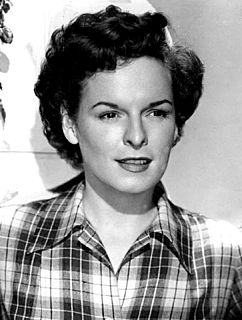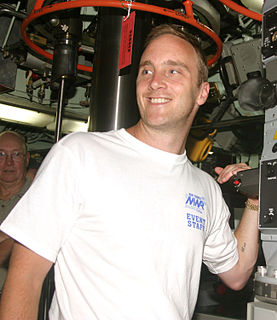A Quote by Rob Ford
I'm not an alcoholic.
Related Quotes
Nobody understands that by the time the addiction has set in the alcoholic is mandated to drink ... he cannot not drink! Nobody wakes up in the morning and says, 'Jiminy Cricket, I feel sensational! My life is really in great shape! I think I'll become an alcoholic!' I firmly believe that when a shaking-to-pieces alcoholic says he needs a drink or he will die, he means it.
I was like one of those newspapers, those periodicals. There's all different kinds of alcoholics. There's the everyday kind: that's the consistent one. That's what people think an alcoholic is-but an alcoholic is basically just someone who's allergic to alcohol. That's all it means. It's just an allergy.
My father was raised by a violent alcoholic. There was alcoholism in my mother's family. I'm half-adopted, and my birth father was a drug addict and alcoholic. So, I think they very consciously made decisions and parented me in a way that was aimed to help save me from that. So, I knew it would be particularly painful and it was, especially for my father.
My present and most fixed opinion regarding the nature of alcoholic fermentation is this: The chemical act of fermentation is essentially a phenomenon correlative with a vital act, beginning and ending with the latter. I believe that there is never any alcoholic fermentation without their being simultaneously the organization, development, multiplication of the globules, or the pursued, continued life of globules which are already formed.
The consumption of alcohol is increasing among youth. Targeting young audiences, advertisers portray beer and wine as joyful, socially desirable, and harmless. Producers are promoting new types of alcoholic beverages as competitors in the huge soft-drink market. Grocery and convenience stores and gas stations stock alcoholic beverages side by side with soda pop. Can Christians who are involved in this commerce be indifferent to the physical and moral effects of the alcohol from which they are making their profits?


































